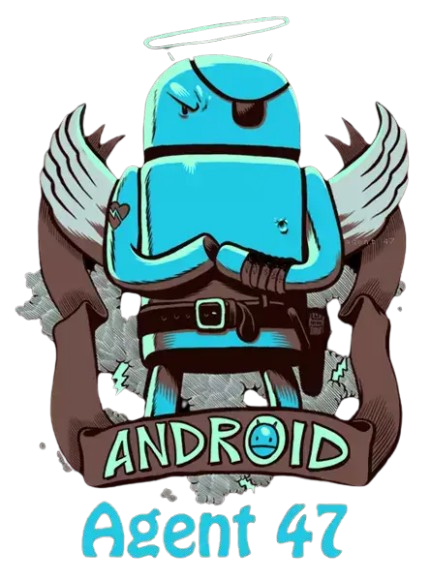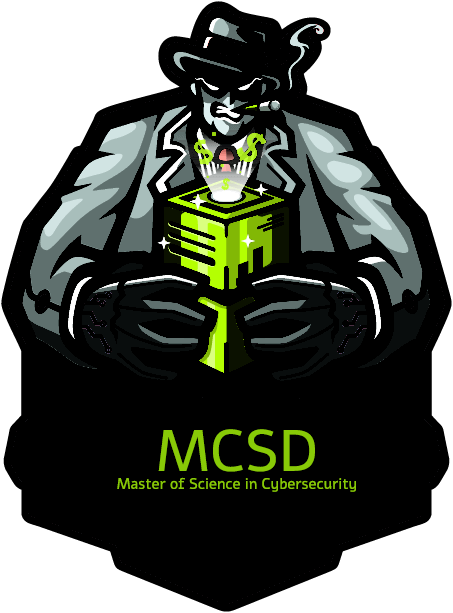No products in the cart.
black hat hacking
What Is a Zero Day Exploit? Real-World Attacks, Examples, and Defense Strategies

In the world of ethical hacking and cybersecurity, zero-day exploits are the most feared tools used by hackers. These powerful vulnerabilities allow attackers to break into systems without being detected — before the developers even know a weakness exists.
If you’re training to become an ethical hacker or want to learn how to defend against black hat hackers, understanding how a zero-day exploit works is absolutely essential. At HackerComputerSchool.com, our CEEH (Certified Expert Ethical Hacker) certification covers zero-day analysis, reverse engineering, and payload detection — all through real-world simulations.
In this blog, we’ll explore everything you need to know about zero-day exploits: what they are, how they work, who uses them, and how you can protect systems against them.
🔍 What Is a Zero Day Exploit?
A zero-day exploit refers to a software vulnerability that is unknown to the developer or vendor at the time it’s exploited. “Zero day” means the company has zero days to fix it — because it’s already being used by attackers in the wild.
These exploits are dangerous because:
- No official patch or update exists.
- Antivirus tools don’t detect them.
- They are used for stealthy, high-impact attacks.
They’re often sold on black markets to black hat hackers, criminal groups, and even nation-states. Learning how they work is critical for both offensive and defensive cybersecurity roles.
⚠️ Real Example of a Zero Day Exploit
Microsoft Office Zero Day – CVE-2021-40444
In 2021, a zero-day exploit was discovered in Microsoft Office that allowed attackers to execute code just by opening a malicious Word file.
- Type: Remote Code Execution (RCE)
- Vector: ActiveX control in Word
- Targets: Government agencies, law firms, defense contractors
- Impact: Bypassed antivirus, no patches available at the time
This type of exploit demonstrates how even secure systems can fall prey to zero day attacks — and why ethical hackers must understand how they operate.
👨💻 How Do Hackers Create and Use Zero Day Exploits?
A zero-day exploit doesn’t appear magically — it requires skill, patience, and deep technical understanding. Here’s how black hat hackers typically use them:
1. Vulnerability Discovery
- Reverse engineering binaries
- Analyzing software behavior
- Fuzzing inputs to cause crashes
2. Exploit Development
- Writing shellcode or payloads
- Building POCs (proof of concept)
- Creating stealthy delivery methods
3. Attack Delivery
- Email attachments (malicious PDFs, Word files)
- Compromised websites
- Drive-by downloads
4. Execution and Control
- Code runs without user knowledge
- Connects to attacker’s Command & Control (C2) server
- Escalates privileges, installs backdoors
🎯 Who Uses Zero Day Exploits?
Black Hat Hackers: For criminal activities like data theft, ransomware, and surveillance.
- Nation-State Actors: To target foreign governments, critical infrastructure, or spy agencies.
- Ethical Hackers: To test and strengthen defenses in red team operations.
At HackerComputerSchool.com, we teach you how to safely simulate zero day behavior in lab environments — giving you the knowledge black hats have, but for legal and ethical use.
💰 How Much Is a Zero Day Exploit Worth?
Zero day vulnerabilities are often sold in underground markets for high prices:
| Exploit Type | Market Price |
|---|---|
| Android 0-Day | $100,000–$250,000 |
| iOS Jailbreak | $500,000–$1,000,000+ |
| Chrome Exploit | $150,000+ |
| Windows Kernel 0-Day | $250,000–$500,000 |
Ethical hackers can report zero days legally through bug bounty platforms like HackerOne or Zerodium and get paid legally and ethically.
🛡️ How to Defend Against Zero Day Attacks
Although zero-day exploits are hard to detect, you can still defend against them using layered security techniques:
✅ Defense Strategies:
- Behavior-based antivirus and EDR tools (e.g., CrowdStrike, SentinelOne)
- OS and app hardening (remove unnecessary services, enable sandboxing)
- Network segmentation to isolate critical assets
- Application whitelisting and memory protection
- Regular patch management for known vulnerabilities
The CEEH training program gives students hands-on skills in identifying zero-day behavior, payload analysis, and threat hunting to mitigate future unknown exploits.
📘 CEEH – Learn Zero Day Detection & Exploit Simulation
The Certified Expert Ethical Hacker (CEEH) certification includes real-world practice in:
- Malware reverse engineering
- Exploit chain analysis
- Custom payload development
- AV/EDR evasion techniques
- Manual fuzzing and zero-day discovery
Whether you’re in India, the USA, or anywhere globally, this course is fully online and includes labs, tools, and mentorship — all designed to make you a threat-aware ethical hacker.
✅ Key Differences: Zero Day Exploit vs Known Vulnerability
| Feature | Zero Day Exploit | Known Vulnerability |
|---|---|---|
| Publicly Known? | ❌ No | ✅ Yes |
| Patch Available? | ❌ No | ✅ Yes |
| Detection Rate | Very Low | Moderate to High |
| Exploit Readiness | High | Varies |
| Danger Level | Critical | Medium–High |
🧠 Who Should Learn About Zero Day Exploits?
Cybersecurity Students
- Ethical Hackers (CEH, CEEH, OSCP level)
- Red Team Professionals
- Malware Analysts
- Security Researchers
- SOC & Blue Team Defenders
Whether you’re just starting or looking to specialize in offensive cybersecurity, knowledge of zero day exploits is essential for real-world relevance.
🔗 Related Learning:
✅ Black Hat Hacking Course – Learn Real-World Cyber Attacks
✅ Certified Expert Ethical Hacker (CEEH) Course
🚀 Final Thoughts
A zero-day exploit is the most advanced weapon a hacker can use — and the most difficult for defenders to detect. The sooner you understand how zero days work, the better you can protect networks, systems, and users from them.
That’s why the CEEH certification from HackerComputerSchool.com is built to take you beyond basic ethical hacking and into advanced adversary-level knowledge.
🟢 Enroll today, learn the tools black hat hackers use, and become a Certified Expert Ethical Hacker who can face any threat — even the unknown ones.













